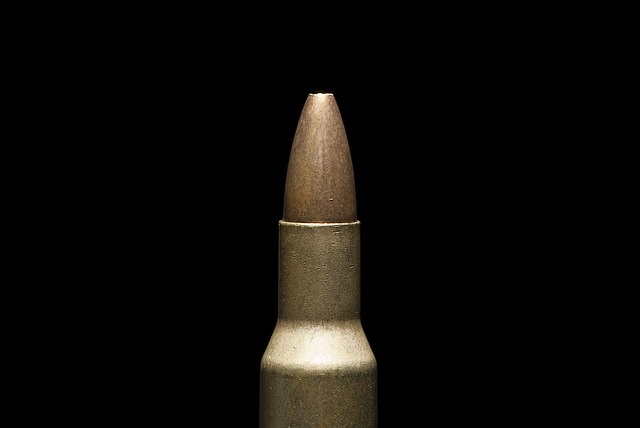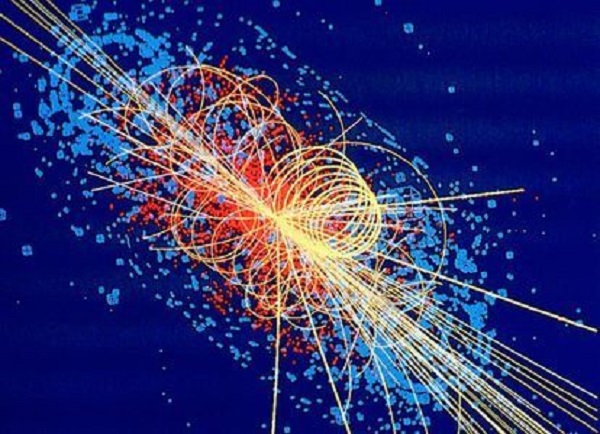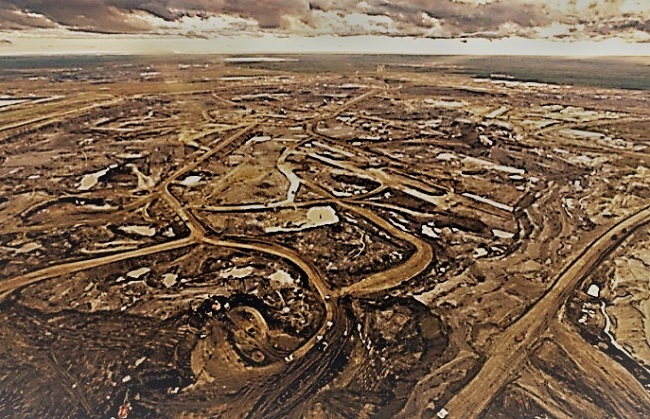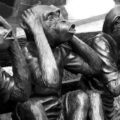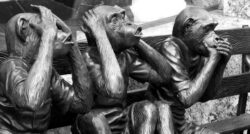I wrote this in the days following the Las Vegas Massacre. I did not publish it then because it was too raw. I had friends there. I also did not publish it after the Sutherland Church massacre or the other school shootings that have happened since. Now, we have yet another massacre and I cannot hold this back any longer. While not all mass shootings are carried out by white men, the vast majority are. I would argue that no matter the race, the ethos remains the same, that of an aggrieved man. This is not an article I would normally publish on this site. It is angry and it is political but I cannot help but speak out. These shootings will not stop until we look honestly at ourselves and our culture.
Another day, another massacre. Like so many other American tragedies, this one was neither for political cause nor for religious or ideological reasons. No, not really, though try as we might to disguise it as such. It was just another disaffected, angry white man, searching for his truth through the barrel of gun. Another angry white man who believed that his existence, his happiness, his ‘reason’ whatever that might be, was an end unto itself. Another angry white man imbued with the false moral imperative of his own incontrovertible heroism. Another angry white man possessing certitude of his reasoning paired with inculcate selfishness. It was not mental illness. It was not even gun access. Those are mere symptoms of a much broader problem. It was an angry white man. One among many.
We have bred a generation of angry white men here in America. Men, who despite being in power, despite controlling all aspects of civic life, feel aggrieved by the otherness of everyone else. Whether those others are women, of different races, religions, of simply of different geographic regions, makes no matter. He is right. We are wrong. His rightness is morally justified, and thus, so too are his actions.
It is a common theme across history, that of angry and aggrieved men lashing out. Unlike miscreants of yesteryear however, today’s angry man, particularly the angry white man, is completely unbounded by the constraints of social, cultural or political mores. The right to ugliness and violence, the right to believe untruths, indeed, to construct one’s own, independent truth detached from reality or meaning, is sanctioned, politically, economically, culturally. For the decades since Ayn Rand put pen to paper every teenage boy’s dream, to be rightfully master of his own universe, an ordained narcissism of sorts, has been the core principle of American life.
And we sanctioned it. Perhaps not overtly, but tacitly and gradually we commandeered the moral authority to pursue comfort above all else. What permits these massacres is not a matter of a warped mind per se, but of a warped culture laid bare. A culture where no heed is paid to the destruction of environment by corporate entities, so long as profits are derived. A culture where no heed is paid to the deaths of children and young adults by pharmaceuticals, where no heed is paid to the deaths of thousands in the 17 years of war, our state sponsored violence against other countries, or to police brutality on African American men, or to domestic violence or rape; where no heed is paid so long as ‘my’ profits, happiness, or goals remain unimpeded by the consequences of my actions. The bubble of my self-serving justifications must remain intact. And it can, but only in a culture that prizes ‘my’ happiness over all else.
In a culture of laundered, indeed, bleached hate, against the otherness of others, we can be free of fear and discomfort, so long as the ever-increasing, bifurcating and dissonant justifications of our own supremacy over all that is other or foreign holds fast. “It’s okay to dump toxic chemicals into the rivers and oceans, because it doesn’t affect me directly,” we think to ourselves. “It’s okay to ignore poverty and suffering of those people, because they are not ___” (fill in the blank). “It’s okay to turn our backs on refugees, my safety might be imperiled.” It’s okay to ignore, vilify, and therefore, discriminate against all that is other. With our boundless dominion, we neatly, eagerly, and completely place all that is uncomfortable or inconvenient into boxes of otherness; boxes devoid of humanity, and thus, unburdened by ethics or even reason. Like Russian nesting dolls, our worldview becomes smaller and smaller, until we are left with a dominion over no one and nothing. For the long simmering angry white male, the only truth that remains is his truth, meted through a barrel of a gun. It is his last bastion of control, the last barrier between him and the realization that he is utterly impotent. Bang.
Image credit: Necker; Goodfon.com
